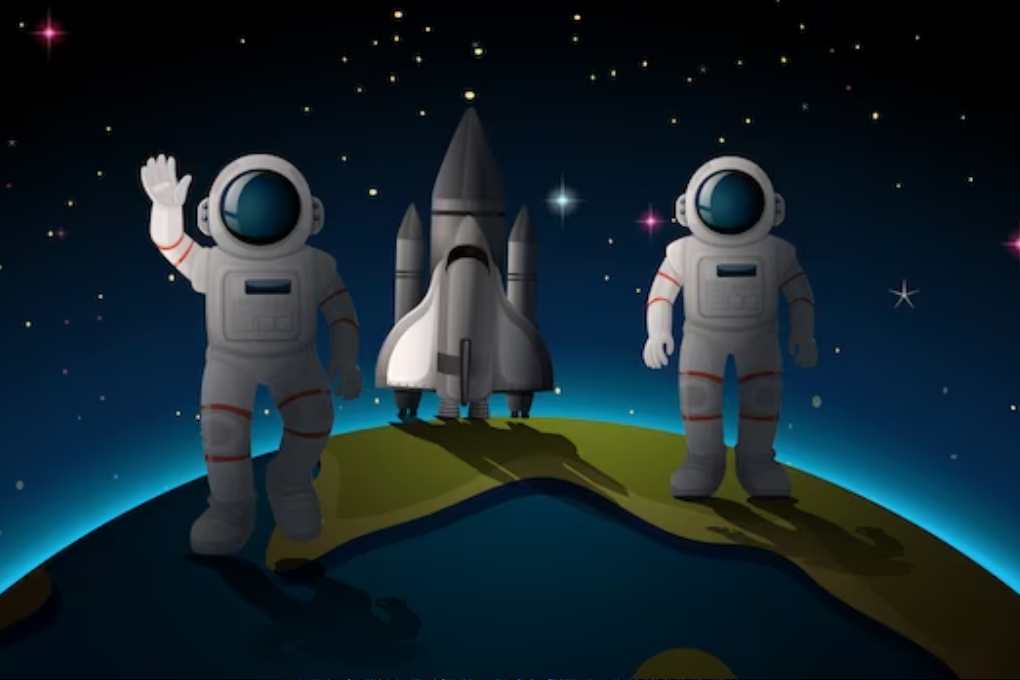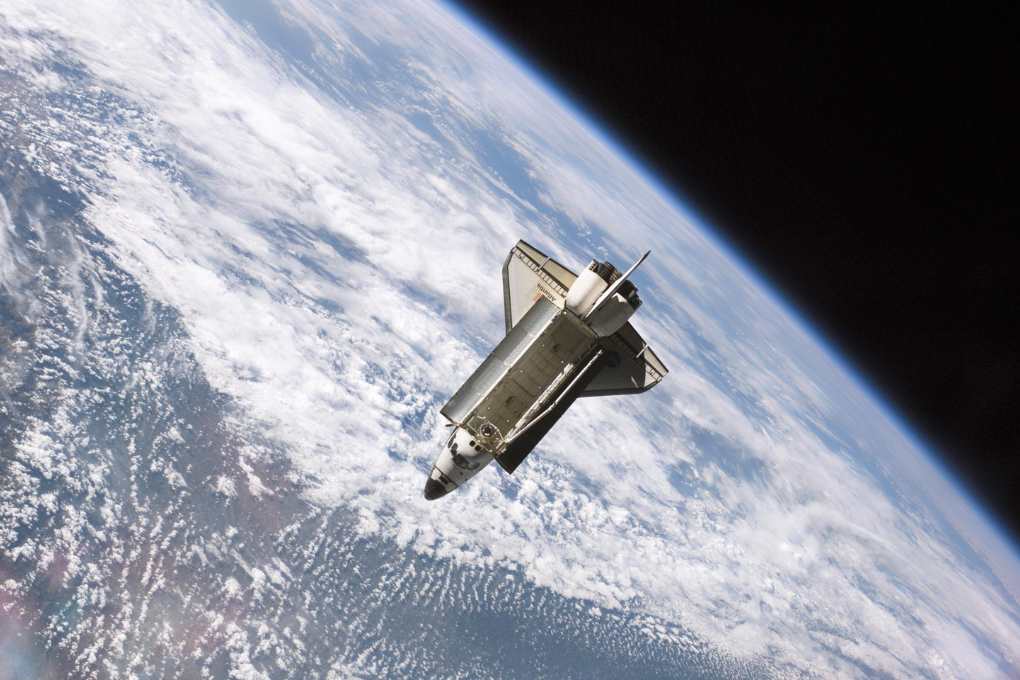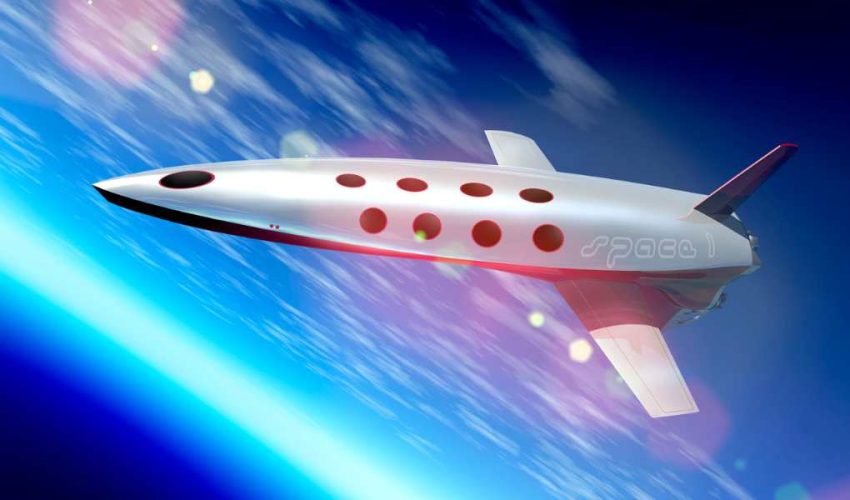Space tourism has been a dream for many since the dawn of the space age. The idea of traveling to space for leisure and exploration has captivated the imaginations of people around the world. Recently, significant progress has been made in the development of space tourism, and experts predict that by 2024, we will witness a breakthrough in this industry.

The Rise of Private Space Companies
One of the main reasons for the anticipated growth in space tourism is the rise of private space companies. Companies like SpaceX, Blue Origin, and Virgin Galactic have been at the forefront of developing spacecraft that are capable of carrying tourists to space. These companies have made significant advancements in rocket technology and have successfully launched and landed reusable rockets, making space travel more cost-effective and accessible.

Advancements in Spacecraft Technology
Another factor driving the progress in space tourism is the advancements in spacecraft technology. Traditional space shuttles were designed primarily for scientific research and astronaut missions. However, with the growing interest in space tourism, spacecraft are now being developed with passenger comfort and safety in mind. These new spacecraft will provide the necessary amenities and safety measures to ensure a pleasant and secure journey for space tourists.

Furthermore, with advancements in materials and engineering, spacecraft are becoming lighter, more efficient, and capable of traveling longer distances. This opens up the possibility of exploring new frontiers in space tourism, such as trips to the Moon or even Mars.
Space Tourism Infrastructure
For space tourism to become a reality, the necessary infrastructure needs to be in place. This includes spaceports, launch facilities, and training centers for aspiring space tourists. Several countries and private companies are investing in the development of such infrastructure to provide a seamless and enjoyable experience for future space travelers.
The Role of Artificial Intelligence
Artificial intelligence (AI) is playing a crucial role in the advancement of space tourism. AI-powered technologies are being used to enhance spacecraft navigation, communication systems, and overall safety. AI algorithms can analyze vast amounts of data and make real-time decisions, ensuring that space tourists are always in a secure and controlled environment.

Challenges and Considerations
While the future of space tourism looks promising, there are still several challenges and considerations that need to be addressed. Space travel is inherently risky, and ensuring the safety of space tourists will be of utmost importance. Additionally, the cost of space tourism is currently prohibitively high, making it inaccessible to the majority of people. Efforts are being made to reduce costs and make space travel more affordable, but it remains a significant hurdle.
The Future of Space Tourism
Despite the challenges, the future of space tourism is incredibly exciting. As technology continues to advance and costs decrease, we can expect to see an increase in the number of people traveling to space for leisure and exploration. Within the next few years, we could witness the first commercial space flights, with tourists experiencing the wonder of zero gravity and the breathtaking views of Earth from space.

Space tourism by 2024 is no longer a distant dream, but a tangible and rapidly approaching reality. With the rise of private space companies, advancements in spacecraft technology, the development of space tourism infrastructure, and the integration of AI, we are on the verge of exploring new frontiers in space tourism. Exciting times lie ahead as we embark on this thrilling journey to make space accessible to all.
Exploring “The Rise of New Learning,” a comprehensive examination of emerging educational trends, sheds light on the evolving landscape of knowledge acquisition in the 21st century. As space tourism advances, the quest for new learning experiences aligns with the broader exploration of frontiers, both on Earth and beyond.”









